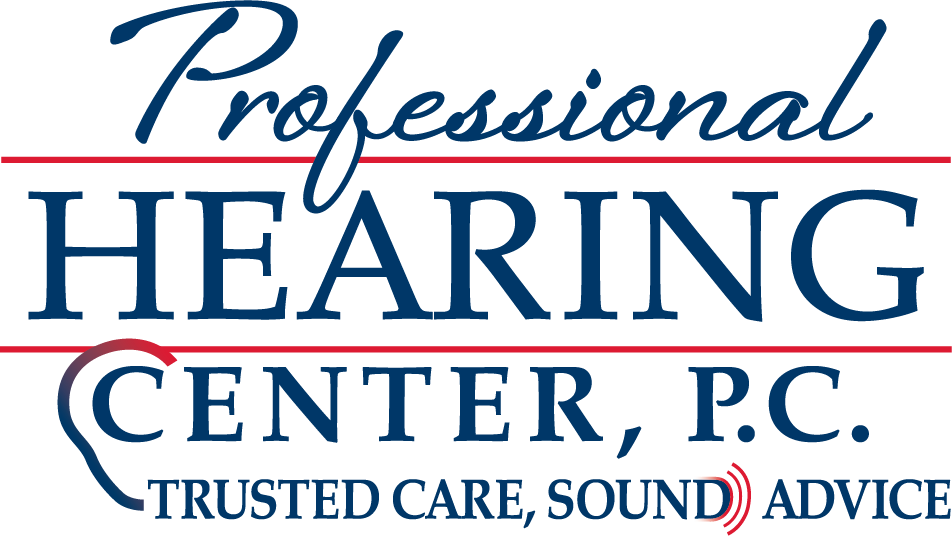
It may seem as though the roots of noise-related hearing loss are functionally well-understood. After all, the name itself conveys a fairly straightforward cause-and-effect relationship. The universal understanding is simply that loud sounds damage the hearing mechanisms in the ear, leading to long-term and permanent hearing loss.
Though we’ve known this for some time now, we haven’t entirely understood the inherent mechanisms behind it. But because of new research, we’re gaining a greater understanding of noise-related hearing loss, and this includes the role of zinc intake after being exposed to loud noises. This research suggests that there’s a significant connection between zinc and hearing loss.
How is hearing impairment impacted by zinc?
Zinc is a mineral required for carrying out necessary bodily functions and the majority of people have plenty of it. Healthy amounts of zinc are linked to a well-functioning immune system and play a role in how well your brain translates chemical signals. With a few exceptions, the vast majority of people receive enough zinc from their daily food intake.
The connection between zinc and hearing loss may, at first sight, be difficult to identify. The relationship between zinc and hearing isn’t, after all, immediately obvious. A new experiment has begun to reveal what’s going on, however.
Researchers exposed mice to loud noises and carried out a few analyses afterward. When exposed to loud sounds, the same thing happens to mice as happens to humans: the sensitive parts of the ear become damaged. For humans, sound will initially become impermanently muffled. This will become more serious and more permanent as persistent noise exposure continues. This damage can’t be cured in either humans or mice.
Researchers also took blood samples from the mice and observed some interesting results in terms of free-floating zinc.
Is hearing loss caused or helped by zinc?
Because of this result, scientists now better understand how noise-related hearing loss symptoms occur. Normally, when zinc is in the body, it’s bound molecularly. During the experiment, researchers noticed that zinc became free-floating when the ears were subjected to loud noises and sound-induced stresses. It’s likely the same thing occurs in humans.
The free-floating zinc triggers damage to fragile portions of the inner ear that are crucial in order to hear clearly. Scientists are now thinking that this is one of the mechanisms that causes hearing damage related to noise exposure.
How to treat hearing loss
As scientists reach a greater understanding of this, they might be able to formulate novel ways to prevent hearing loss in individuals who are frequently exposed to loud noise. However, it might be some time before those developments become a viable reality. But that doesn’t mean your ears are defenseless.
So, you might be wondering: how can I prevent noise-related hearing loss?
Here are a few measures you can take to safeguard your hearing:
- Consistently check in with your hearing specialist: Detecting damage as early as possible can help minimize long-term damage, and coming in to see us for a routine hearing test is the best way to do that.
- Wear ear protection: If there are loud environments you want to be in, or merely can’t avoid, ear plugs and ear muffs can help decrease the damage. A pair of earplugs can, for example, allow you to attend that loud concert and still be capable of hearing the music but also provide some protection against permanent hearing loss.
- Limit your exposure to loud noises: Sporting events, concerts, and jet engines belong to this category. But most people would also be surprised to learn that everyday sounds like chatty workplaces, traffic, or lawnmowers can also lead to hearing damage.
Safeguard your ears by understanding causes
Can you reverse noise-induced hearing loss? Regrettably not. Though you can successfully treat this type of hearing loss and any related tinnitus, it has no cure. Strategies created to keep your hearing safe will be more successful the better you understand the mechanisms behind hearing loss.
This research is probably just the first step in a longer process. But we appear to be getting closer to understanding. Your immediate role is to get your hearing checked and use hearing protection.
